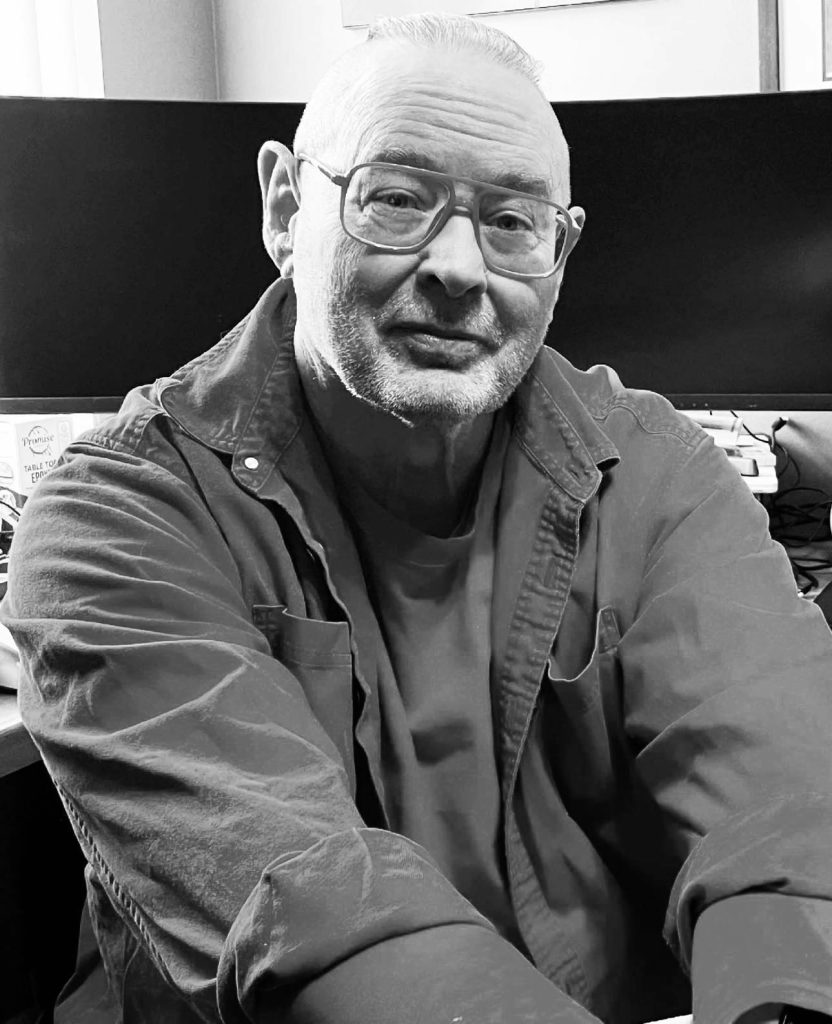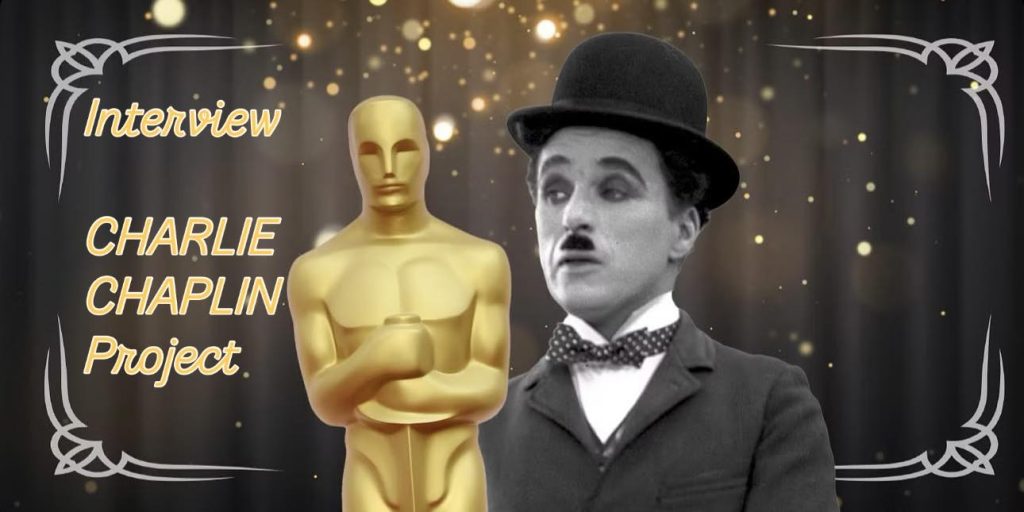
-When did you discover Charlie Chaplin’s cinema?
At the age of 73, Chaplin films have been in my life for a long time but it wasn’t until my later years, when I began to really write, that I allowed his creativity and direction sink in. As his films have begun to be restored and remastered it has opened up his early work to being streamed and shown in theaters that specialize in silent films. Even film channels such as Turner Classic Movies has shown his films so anyone should be able to enjoy his work.
-Do you think that today Charlie Chaplin’s cinema can be understood by younger generations?
They can be understood by any generation. They are simple yet very complex. It’s a matter of whether the younger generation “wants” to take the leap to understand his work. Every cinema student has their own “nitch” for their writing and film making. Different genres and styles are of the greatest importance and any Chaplin film can be interpreted several ways. Remember, Chaplin had virtually no dialogue to write, and what dialogue he did insert into a film was more of a story line direction setter. He had a story line, emotion and movement which is what every film today has, but now we have actors with dialogue to firm up the film in other ways.
As he moved forward in his career there came talkies which changed his process, but his underlying abilities stayed the same. As you can see, change in film is a given but those underlying abilities remain the base in everything he did.
Any generation can learn so much from his work if they look into what’s happening on the screen. Camera shots and lighting were different during his period. Hell, even cameras were different because they used film. No digital shots to adjust on a computer during editing. I don’t think they even teach film usage these days unless there is a special course in vintage film making. I personally feel younger generations of film makers should be required to study everything about Charlie Chaplin’s skills. If they’re smart, they’ll do it on their own because it will open their eyes.
-The pacifist monologue we can see in “The Great Dictator” is still very relevant today, as unfortunately, there are still many wars in the world. WILD FILMMAKER has a dream, which may remain only an utopia: our dream is to create Article 0 for all the constitutions in the world, in which to insert Chaplin’s pacifist monologue. Would you agree with this?
While it is a grand dream, is it really a possibility? Everyone has their own definition of what a utopia could or would look like. Maybe I’m a pessimist, but even if the world started over, there is always the rebirth of individuality which no one, even twins, are guaranteed to share. Today we have many definitions of what God should be and require us to do in service, and that in itself is the #1 cause for the most of the non-utopia issues in the world. With that, it is used as a power to control many.
Utopia is an individual thing. You must find your own utopia and never require anyone else to share it with you 100%. You can legislate it but never obtain a “single” utopia. It sounds silly but I love homemade potato salad with no apple cider vinegar and my closest friend hates it without the sharp tart flavor of vinegar. Simple-minded as an example but serious in all things that matter. We recently went to see Daniel Craig’s new film, QUEER. I thought it was controversial and thought provoking and he hated the film and started texting half-way through. I love Fred Astaire musicals others don’t. Chaplin is fascinating in his films while others may not understand him or enjoy his films. Individuality is inbred.
That said, the monologue is, in some ways, the same words that started WWII because of the reason for their use and by whom. There is always individuality involved and it may not be for everyone. If everyone has the same utopia, every film would be exactly the same. There would be no need for difference or thought provoking scripts. The characters would be the same, doing the same thing because they must be in an over-all utopia. It is an illustrious dream but, is it really possible? Would it truly be happiness?
-Charlie Chaplin was a revolutionary poet. How much has his art inspired you?
Revolutionary is an understatement. Once you’ve witnessed his works and styles, it has to inspire you in some way. It has me. My genres are multi and my writing styles in each is different, as was his. As I believe he did, I see every moment of each of my scripts. I see the character speaking each line and where they are as I write them. In The Taste Of Rain, I feel the rain as the lead character, Roman Barkley, stands in the rain or spirals during his flashback episodes. I see him at the Eiffel Tower drinking champagne with Voleta as he falls in love. I truly believe that is how Chaplin created. That is his effect on me, deep in my creative soul.


